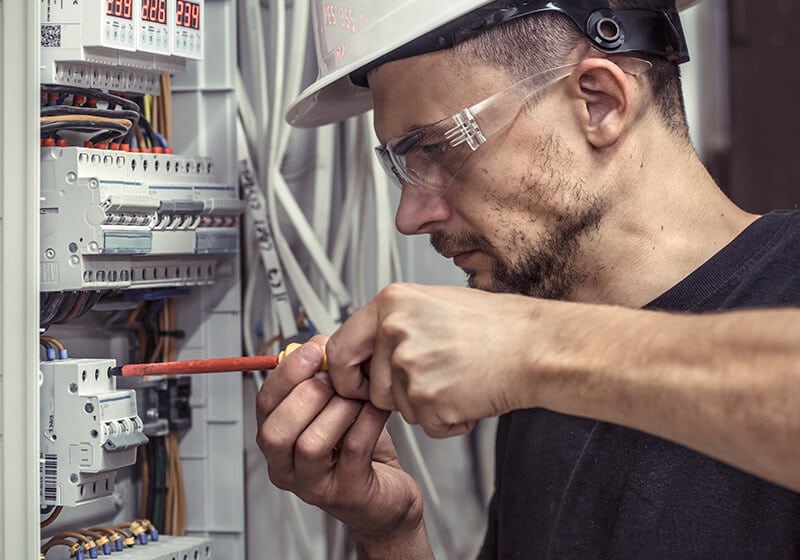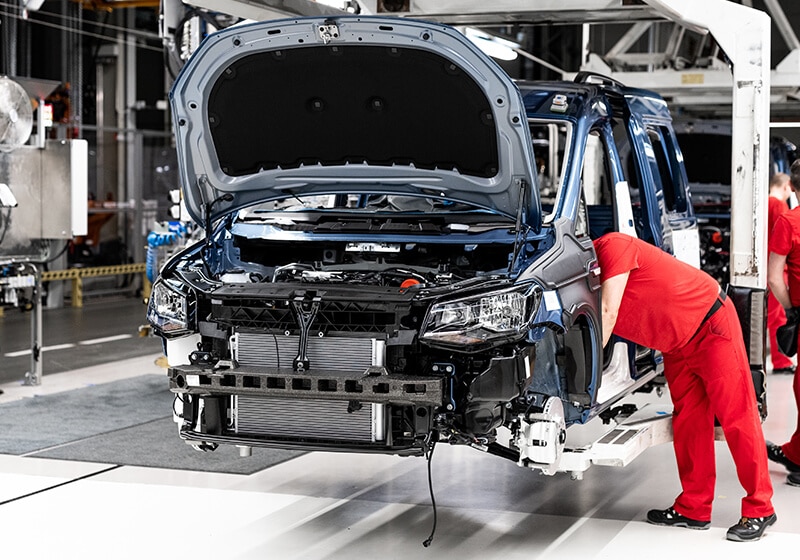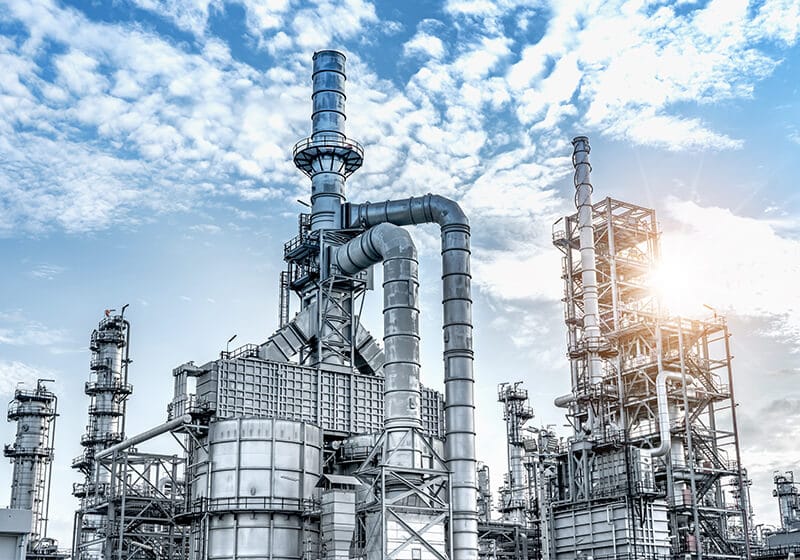
The pharmaceutical sector is a multi-billion-pound industry in the United Kingdom, with some of the largest drug companies in the world either based here or having a major presence in the country. Not only does the industry manufacture billions of tablets, capsules, vaccines, and other medicines every year, but it is also responsible for the research and development that go into such treatments. It is estimated that one-in-five of the world’s most commercially successful prescription drugs were developed in UK labs.
Electroplating in the Pharmaceutical Sector

When we talk about electroplating for the pharmaceutical industry, there are two main areas where it is most applicable. First, there is the development stage—the pharmaceutical laboratories where new drugs are created and tested. Our clients in the sector need plating solutions that will minimise any risk of contamination during the development and testing processes. The other key area is production, where billions of drugs are produced in volume. The plating methods we provide here are more focused on the efficiency and longevity of machinery components.
These are just some of the ways in which electroplating is crucial to the UK pharmaceutical industry:
![]()
Strength and Durability

On the production side of the pharmaceutical industry, it’s essential that the machines that produce and package medicine are built to last. This often requires treating key components with nickel plating to provide greater durability and toughness. Nickel also has excellent corrosion-resistant properties and acts as a foundation layer for other metal plating methods, such as gold, silver, and copper, meaning it can also be used for laboratory equipment.
Corrosion Resistance and Conductivity

Corrosion resistance is important for both the development and production phases, with many of the chemicals used to create medicines having an adverse effect on metal substrates in their raw form. Nickel and zinc (or an alloy of the two) are cost-effective ways to plate key components in machinery, while copper, gold, or silver might be preferable in a lab environment.
Sanitation

Pharmaceutical development is a precision task that requires sanitary conditions in the laboratory to prevent cross-contamination. We offer several plating techniques that are resistant to bacteria, with copper being the most cost-effective solution. Gold and silver are also used since these are inert metals and therefore offer excellent bacteria resistance. Of course, both gold and silver have a higher cost than the more common copper.
Surface Cleansing and Passivation

All our medical and pharmaceutical components are thoroughly cleaned of contaminants prior to plating, knowing that tools intended for a lab environment must be suitably sterile. We also offer passivation techniques for stainless steel components. This involves removing iron particles from the stainless steel substrate, creating an oxide layer that inhibits rusting.
Other sectors we cover


When using metal plating techniques in the electrical and electronic sectors, the two key concerns are precision and conductivity. Often you have to risk one in order to benefit from the other. This is where our expertise comes in, balancing the pros and cons of each metal, in order to deliver electronic components that work the way you need them to.

The automotive industry uses plated components to make their vehicles more efficient at every stage of their manufacture. From gold-plated micro-components in the ECU, to nickel-plated, corrosion-resistant parts, all the way to metal-plated plastic parts to create lightweight bodywork.

The petrochemical industry produces essential items that we use everyday, from plastics, petroleum, and detergents to lubricants, asphalt, propane, and more. Raw materials are subjected to extreme heat and pressure throughout the refining process, so the machinery used to do so requires durable and reliable plating to get the job done.





